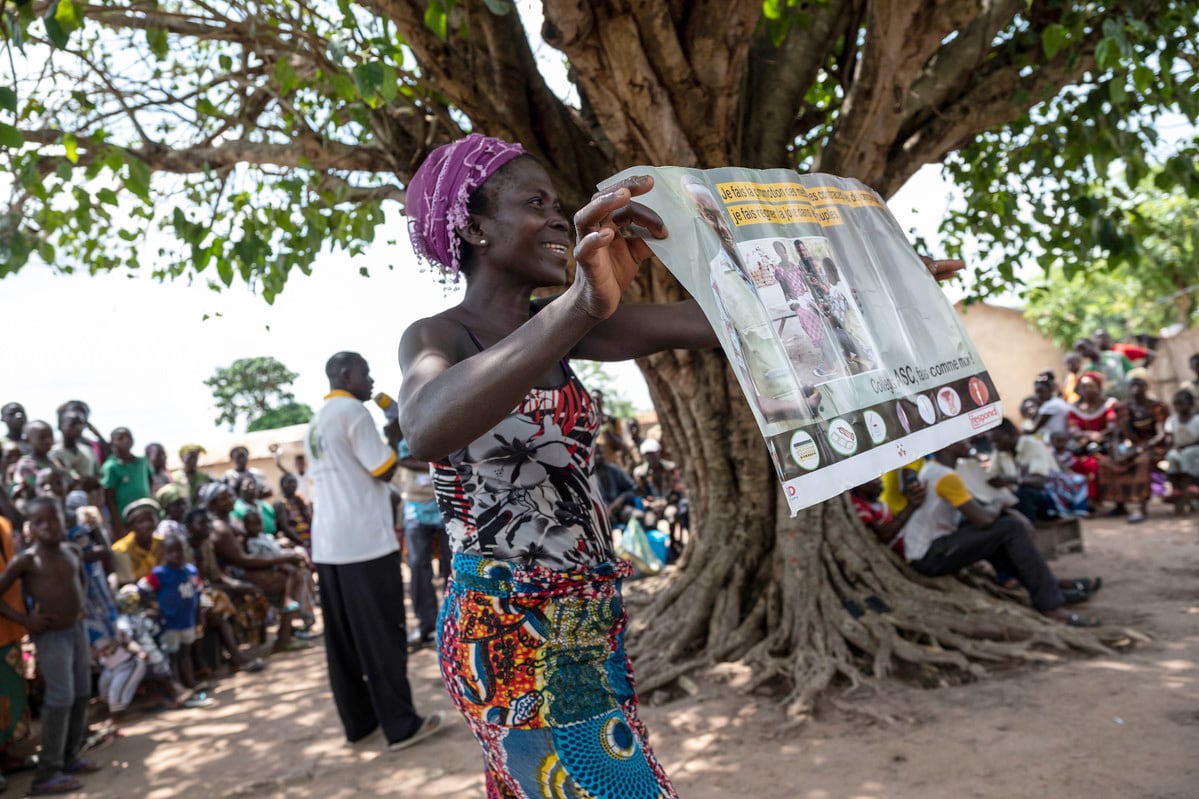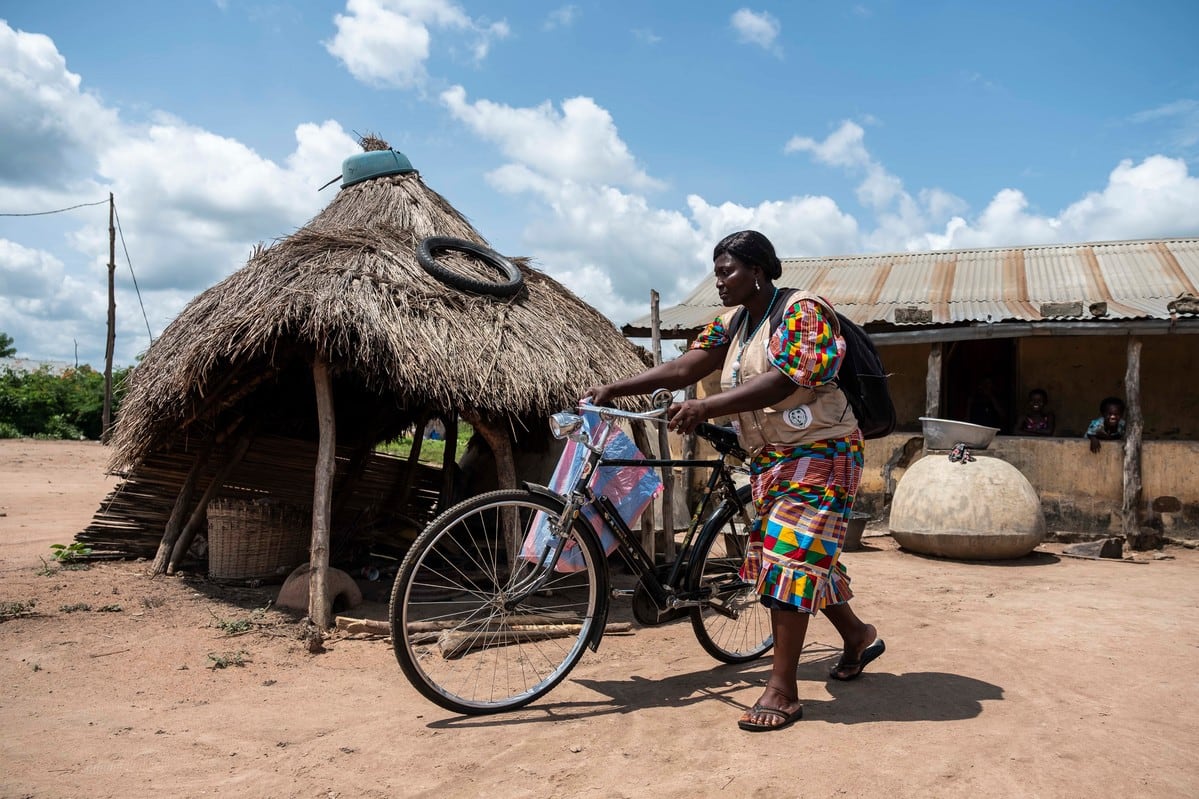Seated in an open-air classroom in the Togolese village of Tohoun, Adjo listens intently as her teacher leads a discussion about sexual harassment.
At 13, Adjo is already aware of the dangers of teenage pregnancy and early marriage in her community and is learning how to handle boys trying to get her attention.
“The boys really like chasing the girls and if you don’t know about that then you can get pregnant,” she said. “I want to finish my studies and have a boyfriend later.” Adjo is one of 410,000 young people who receive comprehensive sexuality education in schools and youth clubs in Togo, a country making huge strides in sexual healthcare provision.
Youth & sex education
Targeting youth in schools like Adjo’s is also a key focus. Young people have access to dedicated services at clinics in the country’s four regions, as well as outreach programmes for education and sexual healthcare, including HIV and STI testing in villages.
“Last year there were about 15 girls pregnant, but since the ATBEF youth club started that has gone down a lot,” says 13-year-old Adjo.
In Togo, 17% of young women will give birth before the age of 18. Through the Association Togolaise de Bien-Etre Familial (ATBEF), Togo now promotes the use of village charters to encourage the protection of girls from unintended pregnancy and gender-based violence. The decision of 870 villages to sign up to protection charters aimed at protecting girls and encouraging them to finish school has had a real impact. Men are taking an active role in the protection of women and young girls, and the delaying of pregnancy, through ATBEF’s village chief programme.
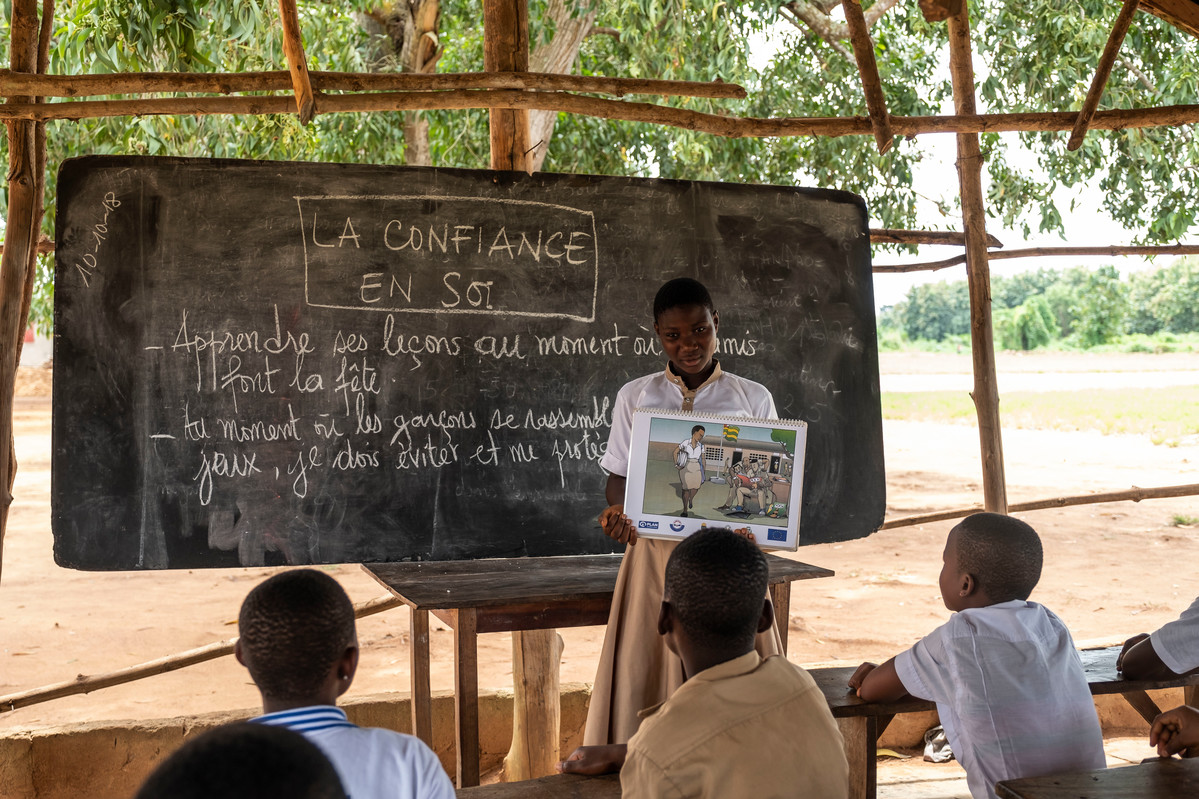
“There have been problems with early pregnancy, but ATBEF encourages us to talk with young people, and to encourage them to use condoms,” explained Komi Agnimavo Amazoun, village chief of Detokpo, in central Togo. He intervened to stop a girl being forced to marry her rapist, a previously common practice in the area. “We have started to raise awareness in the village so that similar cases won’t be repeated,” Amazoun added.
A rise in contraception use
Togo, a nation of 7 million, has a fertility rate of 4.7 children per woman, according to the United Nations Statistics Division, but is aiming to cut it further. Since 2013, ATBEF more than 800 community health workers have been trained to advise and administer contraception nationally. ATBEF uses mobile clinics to reach rural areas and runs a successful clinic offering local men the option of non-surgical vasectomy - a rarity in the region.
Based in the communities where they work, the health workers go door-to-door explaining the benefits of different contraceptive methods in local languages, building long-term trust.
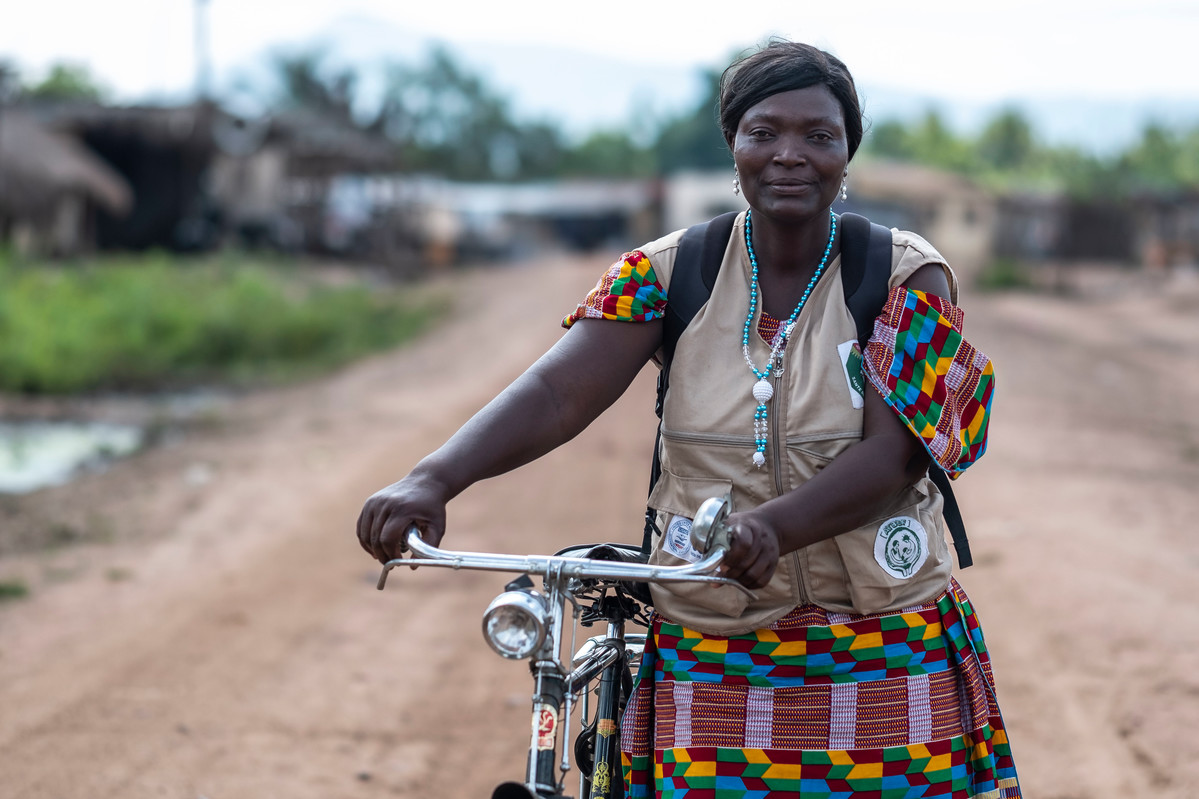
In the coming months, women will be able to administer contraceptive injections themselves in these communities, thanks to the introduction of the Sayana Press method.
The prevalence of contraceptive use was at 17% before the community health worker programme began, a figure which has risen to 23% nationwide, according to government figures.
“It’s no longer a taboo subject as it was in the 1980s, 1990s or 2000s,” explained Félicité Sonhaye, ATBEF Regional Coordinator for the central Plateaux region. “Today all women know about contraception, even if they don’t use it.”
An increase in vasectomies
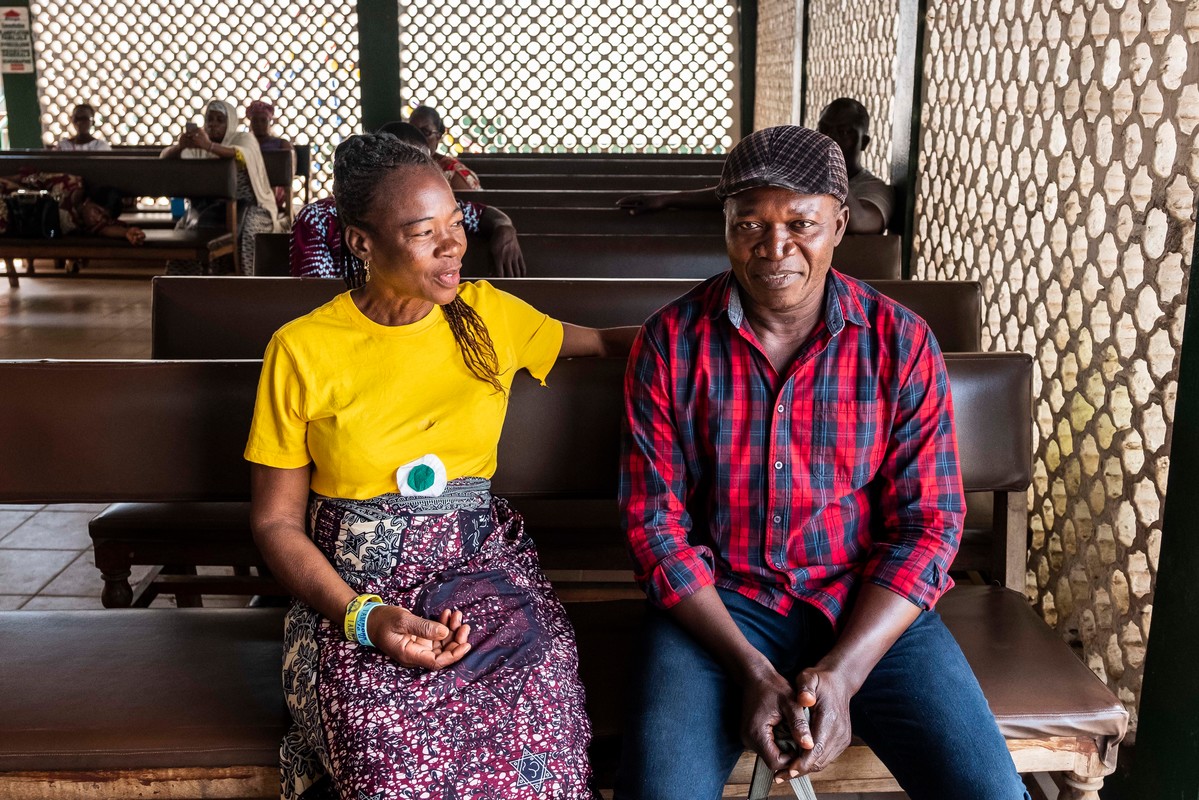
Men in Togo are also increasingly considering long-term solutions to limit the number of children they support, especially while the country suffers an economic downturn. ATBEF is the only organization offering vasectomies in Togo and to date, 159 men have undergone keyhole vasectomy, despite strong cultural taboos surrounding men’s virility.
“We thought men would not accept it but we quickly realized that there was an unmet need,” noted Sylvain Bingo M’Bortche, Chief of ATBEF’s Medical Division. “We have potential clients coming in and out [of Togo]. Men even come here from other countries, such as Benin, to benefit from vasectomies,” he added.
Photography by Xaume Olleros for IPPF
when
country
Togo
Subject
Contraception
Related Member Association
Association Togolaise pour le Bien-Etre Familial








